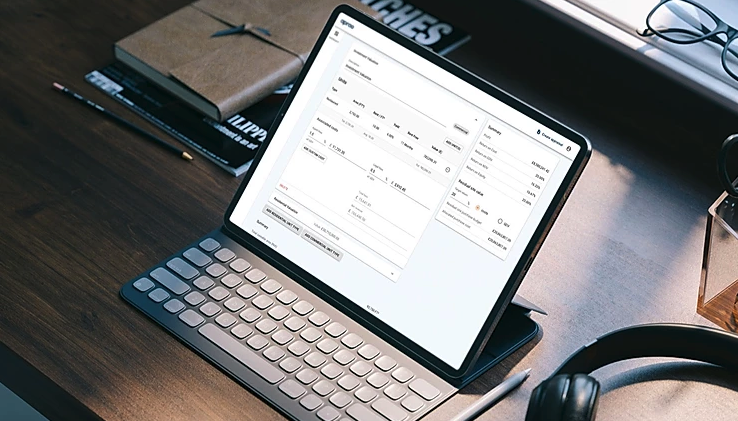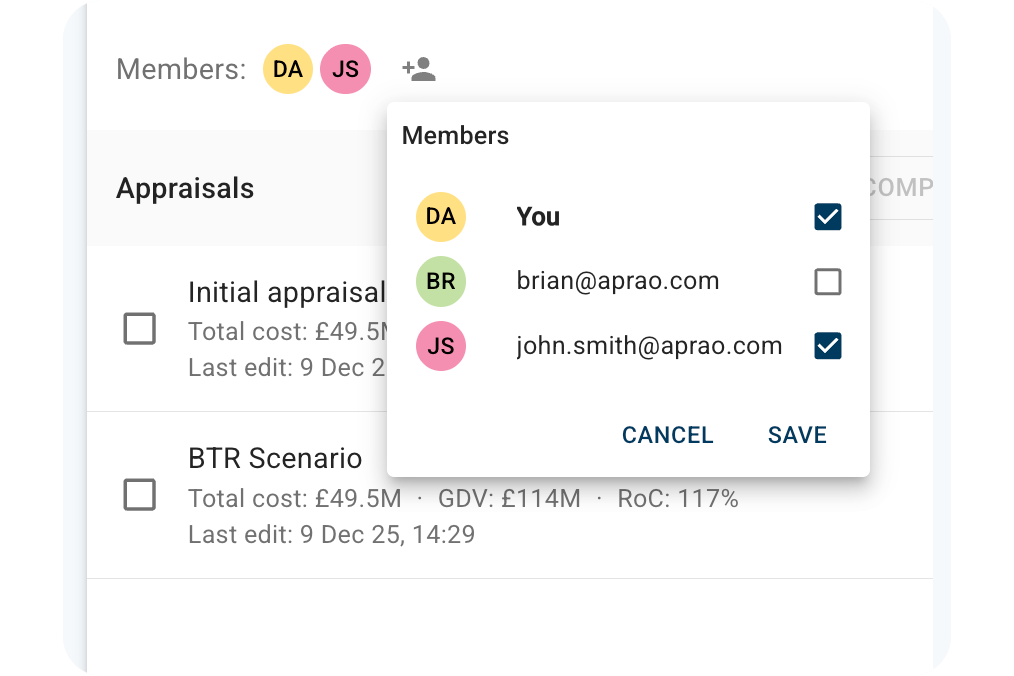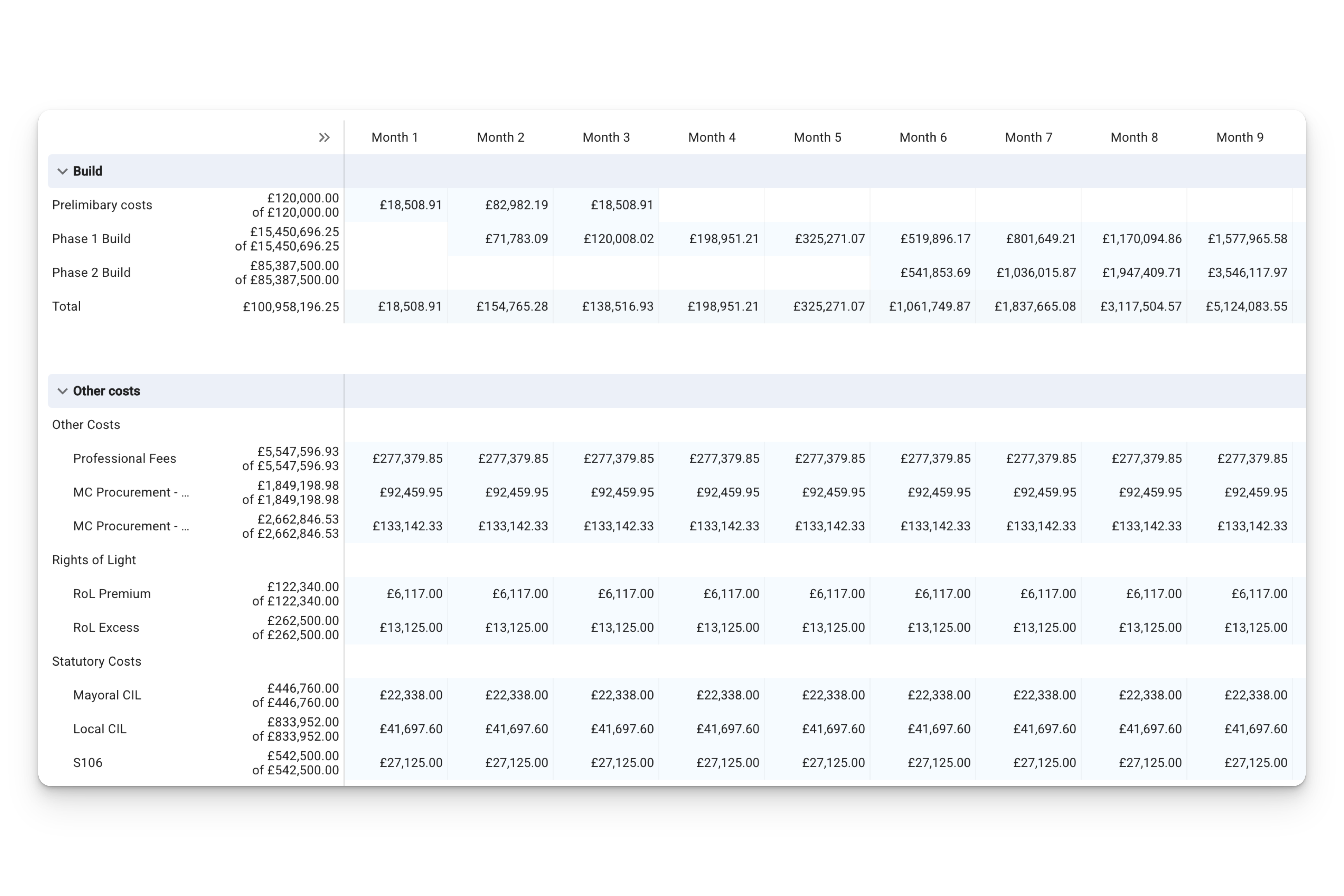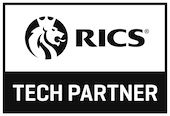Nearly three years ago, I was in the process of leaving the comfortable world of banking to start working on an unknown and exciting project, then called Appraised (now Aprao).
I was inspired by articles that I had read on blogs such as Signal v. Noise, in podcasts with Tim Ferris and hearing stories from the founders of companies such as Automattic, all talking about how they have thrived by building fully remote companies.
Automattic, the creators of Wordpress, have 1,172 employees spread across 75 countries speaking 93 different languages. They have no physical offices, access to a global talent pool, improved communication and an incredible diversity of mindsets and cultures. We didn't know of any other Proptech companies who were fully-remote, but we knew of many other tech companies who were - and that was close enough for us to feel confident that we could do the same.
With such great inspiration, I was encouraged to do the same with the company we were building at Aprao.
However, our first phase of launching Aprao was to build our product. We concluded that as we were all living in the same city and a lot of collaboration will be required so we decided to take a small office on a short lease at a WeWork in London.
As time went on, this soon morphed into a bigger office as we grew the team where we have been working for the past year.
However, several months ago when scrolling through my Audible account I stumbled across a book that I originally listened to 2 years. This book, ReWork by David Heinemeier Hansson and Jason Fried, picks apart what's wrong with the 'old' way of working and had inspired me to start building the company in the first place.
Upon listening to the book it reminded me of all of the core principles that we originally set out when starting the business. It prompted me to write down all of these principles and compare what we were building to what we had originally intended.
Overall, they were aligned. We have successfully build a great product, a brilliant team culture and most importantly, a happy and loyal customer-base.
There was only one piece of the puzzle that wasn't there - the remote setup.
We discussed it almost instantly and started putting a plan into place that would allow us to go fully remote. Free everyone from commuting, free from a fixed place of work and open up new opportunities to scale with access to a global pool of talent.
We started working out what we needed to achieve this:
- Reliable hardware - everyone already had a great computer, mostly Apple Macbooks
- Reliable software - we already were using Google's G-suite and then implemented Basecamp as a communication and project management tool
- The right mindset - ensuring that everyone was up for it (they were)
Sure enough, we actually had all of the components ready to go. We served notice on our office and we were all ready to go for a remote way of life.
Then two weeks later, Coronavirus came knocking and forced pretty much every office based business into remote working. Suddenly, the novel thing we had been preparing for wasn't so novel.
In general, businesses were unprepared, many larger corporates spent the first two weeks of remote working simply figuring out how to work remotely.
But we were ready (by luck not judgment) and have built a great way of working remote with the tools we use, the communication practices and the mindset that goes with it.
Over the last few weeks, so many of our customers have asked us how we work remotely so we are going to share our best practices in the coming weeks.
In the meantime, we're always happy to share our thoughts. If you have any questions feel free to get in touch and we would be happy to help you and your team go remote.
Daniel Norman is the Co-founder and CEO of Aprao, a cloud-based tool for development appraisals and feasibilities. Aprao allows remote and in-person teams to collaborate on real estate projects, creating financial models with greater accuracy, consistency and efficiency.






Leave a comment